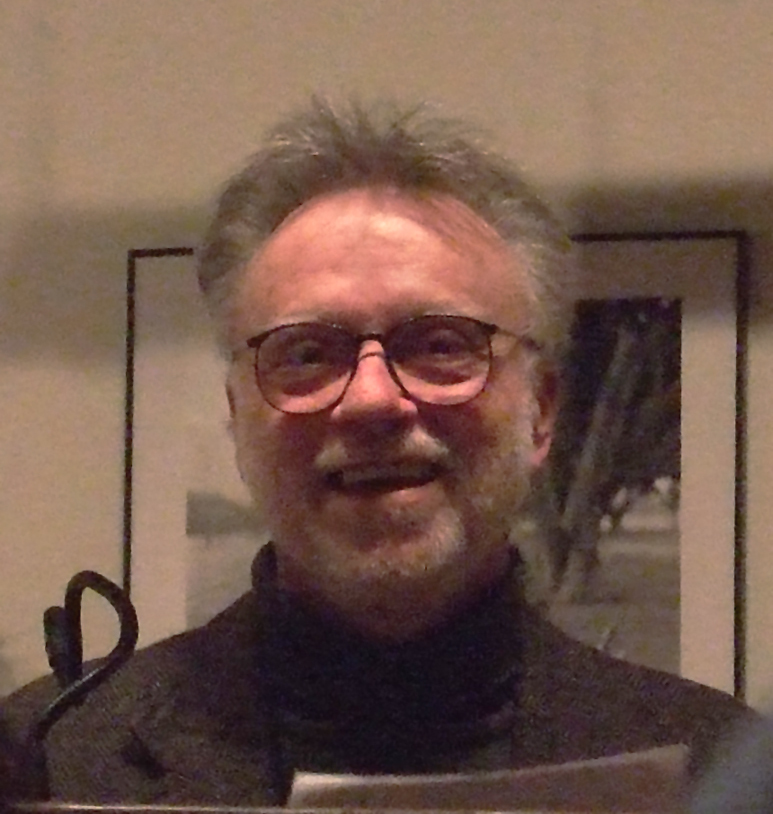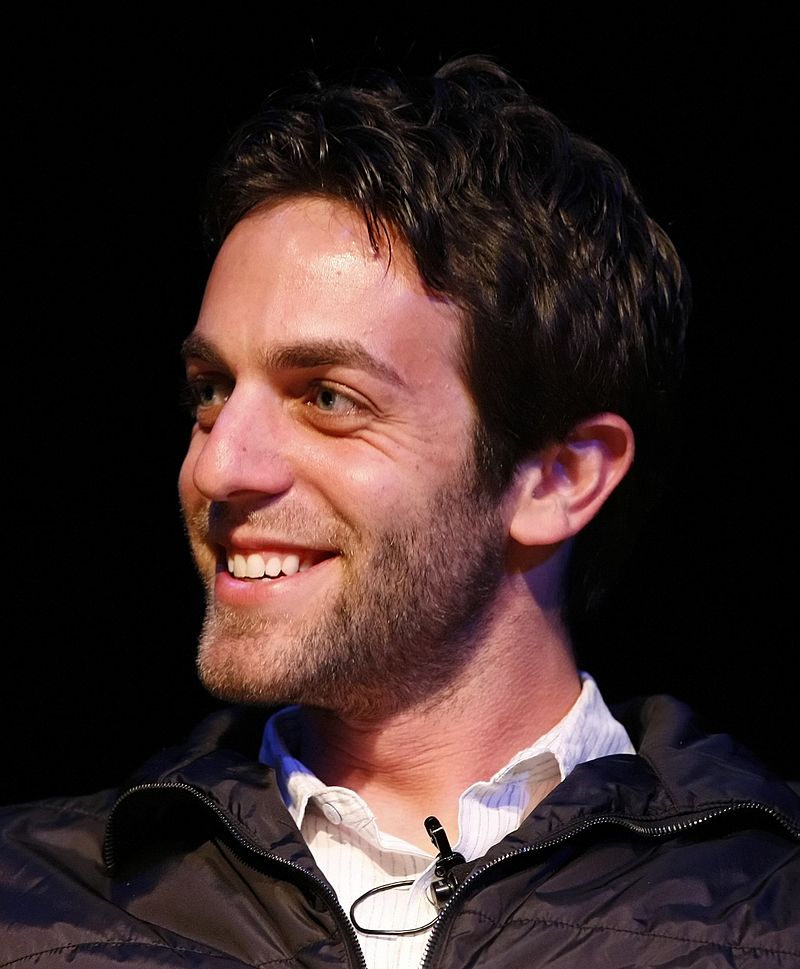 author
authorJohn Gardner
John Champlin Gardner Jr. was an American novelist, essayist, literary critic, and university professor. He is best known for his 1971 novel Grendel, a retelling of the Beowulf myth from the monster's point of view. Gardner was born in Batavia, New York. His father was a lay preacher and dairy farmer, and his mother taught third grade at a small school in a nearby village. Both parents were fond of poetry and often recited their favorite poetry they wrote about life on the farm at friends' homes.
Gardner was active in the Boy Scouts of America and achieved the Eagle Scout rank. As a child, Gardner attended public school and worked on his father's farm, where in April 1945, his younger brother Gilbert was killed in an accident with a cultipacker. Driving the tractor during the fatal accident, Gardner carried guilt for his brother's death throughout his life, suffering nightmares and flashbacks. The incident informed much of Gardner's fiction and criticism — most directly in the 1977 short story "Redemption," which included a fictionalized recounting of the accident as an impetus for artistic inspiration.
Gardner began his university education at DePauw University and received his undergraduate degree from Washington University in St. Louis in 1955. He received his MA and Ph.D. from the University of Iowa. He was a distinguished visiting professor at the University of Detroit in 1970.
Gardner's best-known novels include The Sunlight Dialogues, about a disaffected policeman asked to engage a madman fluent in classical mythology; Grendel, a retelling of the Beowulf legend from the monster's point of view with an existential subtext; and October Light, about an embittered brother and sister living and feuding with each other in rural Vermont (the novel includes an invented "trashy novel" that the woman reads). This last book won the National Book Critics Circle Award in 1976.
Gardner was a lifelong teacher of fiction writing. He was associated with the Bread Loaf Writers' Conference. His two books on writing fiction—The Art of Fiction and On Becoming a Novelist—are considered classics. He was famously obsessive with his work and acquired a reputation for advanced craft, smooth rhythms, and careful attention to the continuity of the fictive dream. His books nearly always touched on the redemptive power of art.
In 1978, Gardner's book of literary criticism, On Moral Fiction, sparked a controversy that excited the mainstream media, vaulting Gardner into the spotlight with an interview on The Dick Cavett Show and a cover story in The New York Times Magazine. But, unfortunately, his judgments of contemporary authors—including John Updike, John Barth, and other American authors—harmed his reputation among fellow writers and book reviewers.
Gardner claimed that lingering animosity from critics of this book led to unflattering reviews of what turned out to be his last finished novel, Mickelsson's Ghosts. However, literary critics later praised the book. On the other hand, Gore Vidal found the book and Gardner's novels sanctimonious and pedantic and called Gardner the "late apostle to the lowbrows, a sort of Christian evangelical who saw Heaven as a paradigmatic American university."
Gardner inspired and, according to Raymond Carver, sometimes intimidated his students. For example, when Carver mentioned to Gardner that he had disliked the assigned short story at Chico State College, Robert Penn Warren's "Blackberry Winter," Gardner said, "You'd better reread it." "And he wasn't joking," said Carver, who related this anecdote to Gardner's book On Becoming a Novelist in his foreword. In that foreword, he clarifies how much he respected Gardner and describes his kindness as a writing mentor.
In addition to Chico State, Gardner taught at Oberlin College, San Francisco State College, Southern Illinois University Carbondale, and Binghamton University. In 1977, Gardner published The Life and Times of Chaucer. In a review in the October 1977 issue of Speculum, Sumner J. Ferris pointed to several passages allegedly lifted either in whole or in part from work by other authors without proper citation.
Ferris charitably suggested that Gardner had published the book too hastily. Still, on April 10, 1978, reviewer Peter Prescott, writing in Newsweek, cited the Speculum article and accused Gardner of plagiarism, a claim that Gardner met "with a sigh." He is associated with a truism that holds that, in literature, only two plots exist: someone taking a journey or a stranger arriving in town. However, Gardner's documented words from The Art of Fiction exercised instructions to "use either a trip or the arrival of a stranger (some disruption of order—the usual novel beginning)."
Best author’s book




















